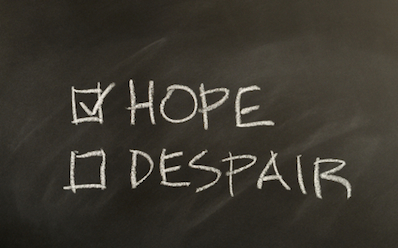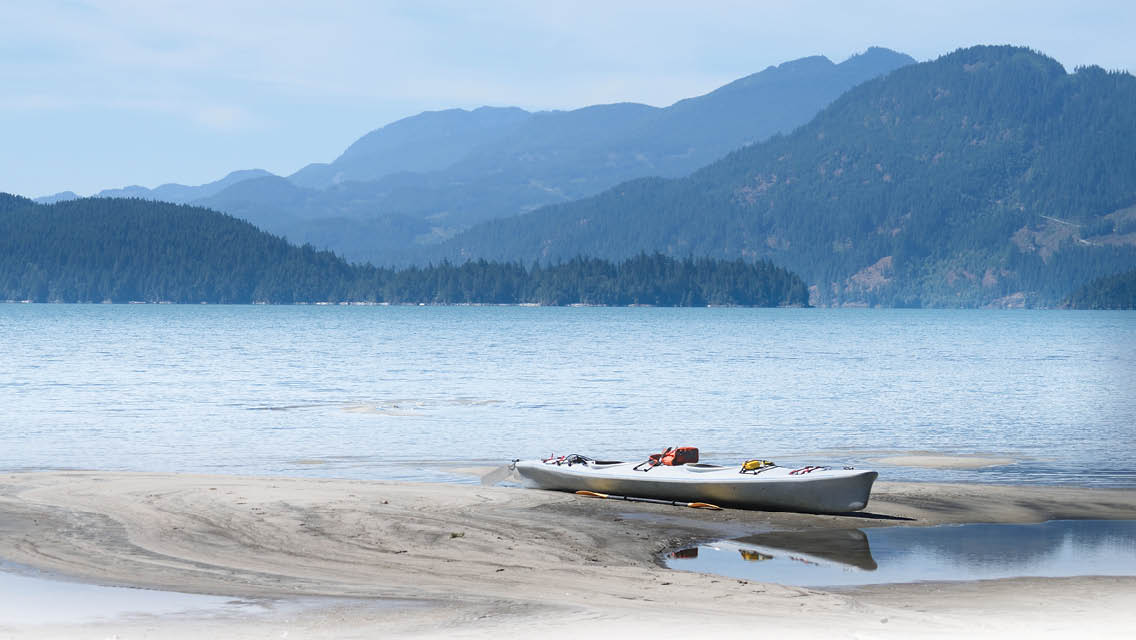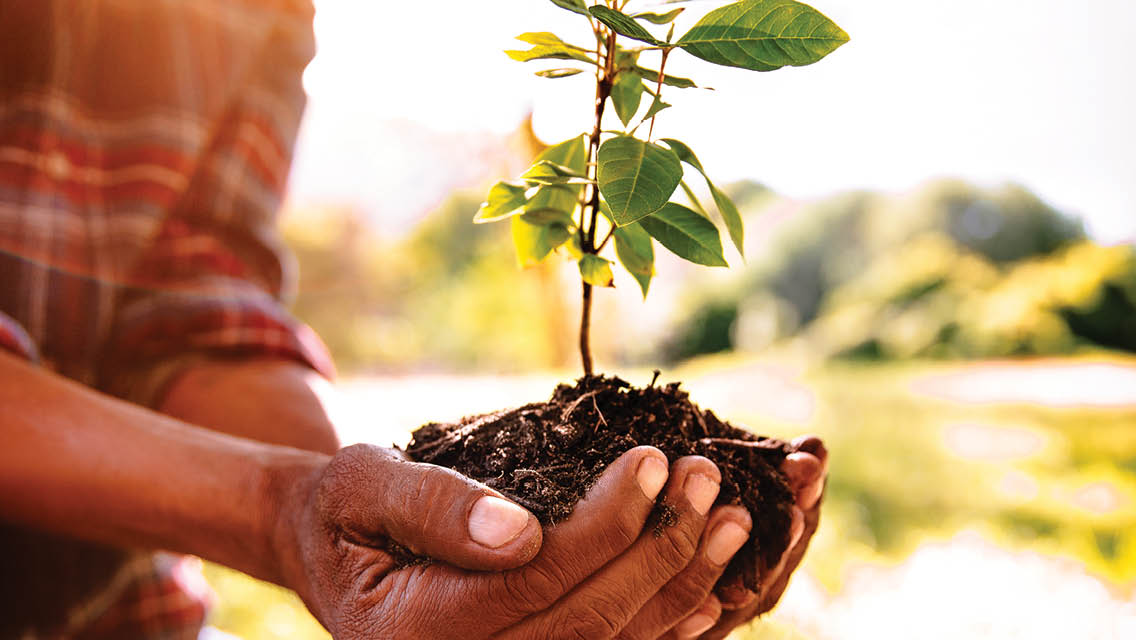Do you ever get the feeling things are going horribly wrong in the world? Between climate change, poverty, war, recession and crime it’s easy to feel drawn into helplessness. It can be hard to stay upbeat when all your friends are feeling defeated by life or scared about the future.
Last week a friend asked me: “How do you stay optimistic when things around you seem to be going so badly?” It’s a question I’ve asked myself many times. How can I continue to believe in goodness, when there is so much evil in the world? How can I be happy when my friends are suffering?
Last year I went back to Afghanistan, where I had worked for two years, to visit a former colleague. Together we investigated human rights violations, and saw the worst of human behavior and suffering. I asked him if things had improved since I was last there.
Unfortunately, he told me, many things were worse. And yet he continued to work to promote women’s rights and justice for all — for a better Afghanistan. I asked how he was able keep believing things would improve, when the signs seemed so bad.
“What other choice do we have?” he replied. “There’s no way to know what the future holds. So why not believe it will get better? It motivates me to keep working and it makes my life bearable.”
“There’s no way to know what the future holds. So why not believe it will get better? It motivates me to keep working and it makes my life bearable.”
We don’t know if things will get better. But we can choose to believe in the possibility of a fairer, safer and kinder world. Will our belief make it so? Not necessarily. But at least we’ll know that we are adding our effort to the forces for good. We will be feeding the right wolf.
In November 2007 I arrived back from a short holiday in the United States to my work as a UN human rights officer in Afghanistan. Days later a suicide bomb killed 40 adults and three children and maimed many more. I felt myself sink into a despairing sadness.
Around the same time, I heard a story of a young boy asking his Native American grandfather what would happen to the world in the wake of the 9/11 attacks. The grandfather said it was like there were two wolves fighting inside his heart. One was vengeful and full of anger, seeking revenge and ready to strike out against the ‘enemy’. The other wolf was filled with love and belief in the basic goodness of all, ready to try and understand and to seek peace. The grandson asked, “Which wolf will win the fight?” His grandfather answered, “The wolf that will win is the one that I choose to feed.”
In the wake of the bombing I was very aware of the two wolves in my heart. One was the wolf of defeat, angry about endless suffering and violence, ready to give up, to stop caring. I didn’t want that wolf to win. So in the midst of my sadness, anger, and despair I knew I had to feed the other wolf— the wolf of love and hope. But how do we feed the right wolf?
Here are four ways to stay positive in a negative world.
1. Choose where you place your attention
One of the first things many of us do when we feel overwhelmed by bad news is to turn off the news, and there is wisdom in this impulse. Modern news media is not designed to inform you or equip you to take wise action. Instead it is designed to frighten you into shopping more. So choose carefully what you watch and listen to, but don’t switch off completely. Find a news source you trust, and stay aware. The world needs you to be aware.
2. Cultivate a compassionate heart
Allowing ourselves to be aware of suffering in the world, our community and ourselves is essential for cultivating compassion. Buddhist teachers call this ‘tenderising’ and, as it sounds, it can be painful. But by feeling the pain of others, and making a connection between their suffering and our own, we grow in compassion and increase our capacity to feed the right wolf. There are many meditation practices designed specifically to help open our hearts, but the simplest is to practice wishing ourselves well, and then extend that wish to others around us.
3. Train a steady mind
An open heart can leave us feeling like a leaf in the wind – blown about by the suffering and joy around us. We balance this openness by cultivating a steady mind and a grounded centre. Meditation is a proven method for training our mind to hold steady under the onslaught of disturbing images, thoughts and feelings, helping us maintain a sense of ground or centre when the world around us spins out of control. Seated meditation has increased my capacity to keep my attention on what is happening now – a powerful tool when fears about the future threaten to overwhelm us.
4. Take action
Before I discovered meditation, the only way I knew to respond to suffering in the world was to do what I could to ease it. These days I understand that sometimes the work of feeding the right wolf in my own heart is the only – or the wisest – response I can make. But taking action to promote peace, justice, safety and fairness for all is still one of the best ways we can respond to a world full of pain. If you don’t know what action to take, find someone already working on this issue and ask how you can help. And remember: cultivating a culture of compassion, peace and faith within our own hearts and minds is also an action.




This Post Has 0 Comments